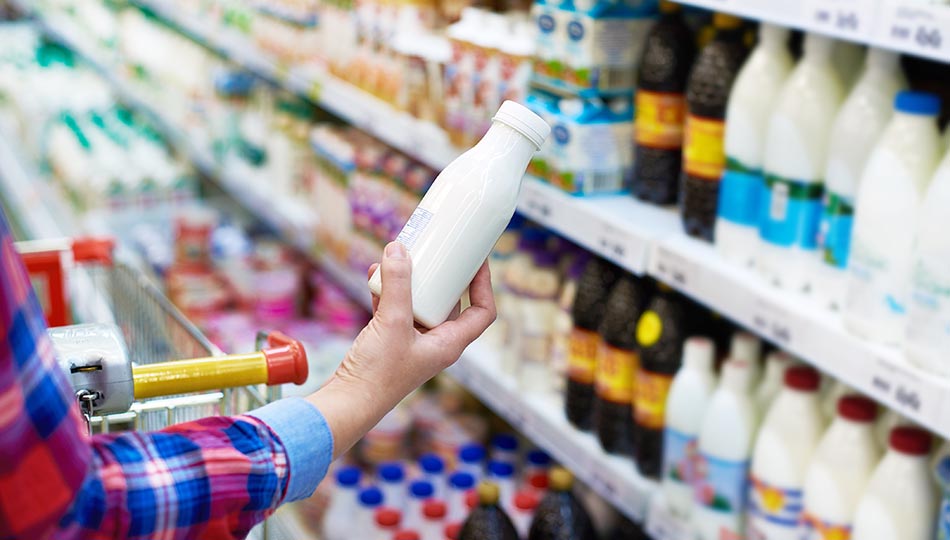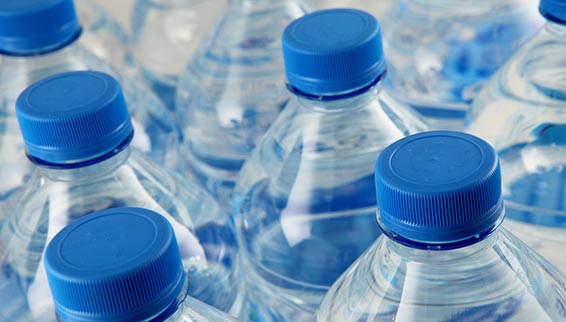Chemicals in food
All food is made of chemical substances. Many of these occur naturally, some not. Read about additives and find out where to look for more information.

Just think of nutrients in your food like carbohydrates, protein, fat and fibre – they are made up of chemical compounds. There is no “chemicals-free” food. For example, a strawberry contains many chemicals:

(source: James Kennedy)
However, some chemicals may raise health concerns. This depends on their toxicity and levels in our bodies. Scientists advise on safe levels for their presence in food and inform decision-makers who then regulate the use of chemicals in food.
In Europe, the European Food Safety Authority deals with food safety, including chemicals in food.
What about food additives?
Food additives are used for many purposes. These can be, for example, to colour, to sweeten or to help preserve food. In the European Union, food additives are identified by an E-number and included in the product ingredient lists. Product labels must identify the function of the additive (e.g. colour, preservative) and the specific substance that is used (e.g. E 415 or Xanthan gum).
The European Commission maintains a data base on food additives that are approved in the EU.
Food contact materials
Food contact materials are, for example, packaging and containers, kitchen equipment, cutlery and dishes. These can be made from a variety of materials including plastics, rubber, paper and metal.
As chemicals can migrate from materials into food, the safety of food contact materials must be evaluated. The materials must be manufactured so that any potential transfer to food does not raise safety concerns.
The European Food Safety Authority evaluates the safety of food contact materials.
Read more
- Chemicals in food - European Food Safety Authority
- Food contact materials - European Food Safety Authority
- Food contact materials - European Commission
Previous Next Layout
Read Also
-
 Products
ProductsChemicals in plastic products
Plastic makes our lives easier in many ways, but some plastic products contain chemicals that can harm our health – such as bisphenol A or some phthalates.
READ MORE -
 Environment
EnvironmentChemicals in agriculture
Conventional farming makes use of pesticides to protect plants and fertilisers to enhance their growth and fertility. In organic farming, their use is heavily restricted. In both types of farming, the EU is working for safer products for consumers.
READ MORE
